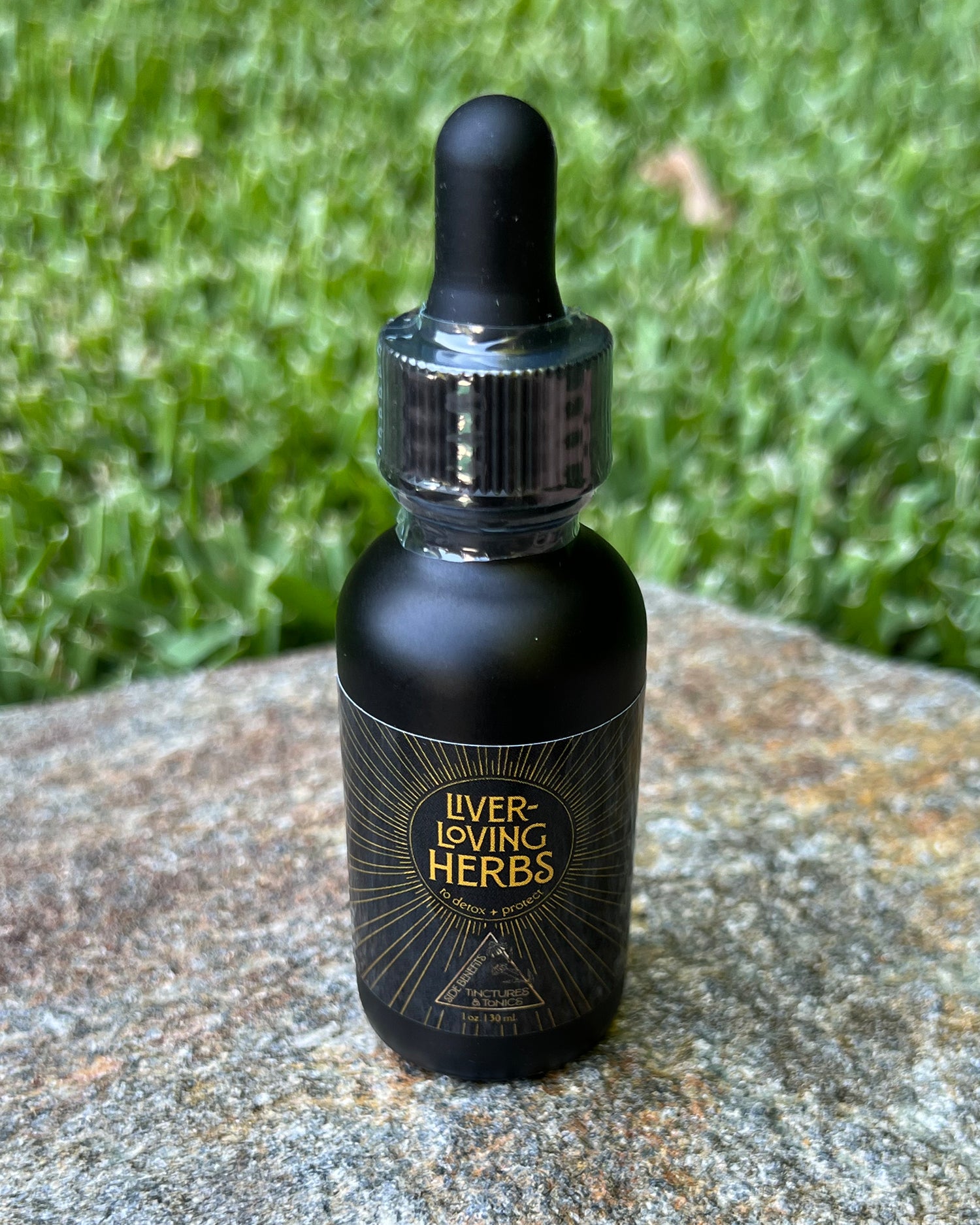While there are many supplements and herbs that are applauded for their ability to support the immune system, it can be confusing when you don’t know what is best for YOUR body. Luckily, there are many, simple food-based ways to support our immune health! And since the road to optimal wellness is paved with a diet rich in organic veggies and sustainably-raised meats, filtered or spring water, plenty of exercise and stress-relieving activities and 7-8 hours of sleep per night—you might just need to develop a few healthier habits to reach your immune health-goals.
5 Foods That Support a Healthy Immune System
-
Water with lemon & electrolytes.
Your body cannot adequately eliminate waste products without adequate water intake. The environmental toxins, household chemicals or heavy metals we encounter in our modern lives are eliminated much easier when you are properly hydrated. Rich in vitamin C, bioflavonoids, quercetin, this vitamin and mineral-rich combination of filtered water, half-a-lemon and dash of Himalayan salt sole promotes optimal hydration and GSH activity which supports phase I liver detoxification. Sip daily, first thing in the morning (before food or coffee) for optimal results. -
Fermented Foods.
Many people have a gut burdened with opportunistic bacteria due to the excessive intake of unhealthy foods like sugar, refined white flour and processed foods that feed bad gut bacteria. Know that you can’t optimize your immune system without addressing the health of your gut. While the live bacteria count in fermented foods like yogurt isn’t very high, they can still be supportive and provide some stimulus to the colon. Fermented dairy foods & beverages like yogurt and kefir contain lactic acid bacteria, which may beneficially regulate intestinal health by increasing intestinal transit time; support immune health by increasing serum IgA; and inhibiting pathogenic adhesion to intestinal walls. Plant-based fermented foods like kimchi and sauerkraut have similar probiotic properties to fermented dairy. These foods are preserved by the production of citric, lactic, or acetic acids by beneficial bacteria like Lactobacillus, Streptococcus, Bacillus, and Pseudomonas, yeasts, and fungi -- that use the food as a substrate for their growth and metabolism. While they’re not listed here as therapeutic foods for obvious reasons, beer, wine and hard apple cider are examples of beverages in which alcohol and acid are by-products of fermentation. Sourced organically and consumed properly, ¼ cup per day of probiotic fermented foods and beverages can also help manage acute digestive issues like bloating and traveler’s diarrhea. The biggest contraindication for fermented foods is histamine intolerance, as histamines form when bacteria convert the amino acid histidine into histamine, both during fermentation and during digestion in the gut. Other contraindications include candida—or yeast overgrowth—and dysbiosis. -
Bone Broth.
Our ancestors sipped bone broth and stocks for immune support due to its rich bioavailability of nutrients such as zinc, calcium, magnesium, and phosphorous. Some of the most therapeutically soothing foods to the gut are bone broth, bone stock and meat stock. Made from water and animal bones, meat & cartilage, this mineral-rich food is rich in aminos, chondroitin, collagen, glutamine, glycine, and gelatin, all of which support digestive and immune health (avoid if you are histamine intolerant). Sip at least 1 cup daily to reap its benefits. -
Beef Liver.
Before you get grossed-out, hear me out. Animal foods like beef liver are far more nutrient-dense and bioavailable than plant foods. For instance, liver is high in vitamin B12, a vitamin not available in plant foods—check out this chart to see more comparisons. Fat-soluble vitamins A, D, E and K need fat to absorb properly—and this fat comes naturally in animal foods. Liver happens to be one of the best sources (along with butter, egg yolks and other organ meats) of vitamin A you can source, which also acts as an antioxidant, protecting the body against pollutants and free radicals. It’s also high in calcium, phosphorus, selenium, vitamin B complex, and iron. Buy it from a butcher you trust and enjoy it cooked with strong flavors (like onions and wine), raw and frozen, or make a pate. Liver is a true superfood! -
Garlic.
Garlic is a superfood with incredible immune benefits. When we crush or chop fresh garlic, a compound called allicin is converted into allicin. Allicin gives garlic its signature scent and is quick to break down into sulfurous compounds that have powerful antimicrobial, antibacterial, antifungal and antiviral properties. It is believed that garlic enhances immune system response by stimulating protective immune cells, which may offer protection from viral infections. This study found that a group taking garlic over a 3-month period had a 63% lower risk of getting a cold. Those who did get a cold recovered 70% quicker.
It’s always preferable to obtain nutrients from food, but most of us get inadequate amounts because of poor diet, the lack of nutrients in soil, or an inability to absorb vitamins efficiently (stemming from low stomach acid, biliary insufficiency, bacteria overgrowth, etc.). It could take years to make up for deficiencies from a poor diet, and it could take even longer to restore homeostasis with food alone. This is where the guided use of therapeutic nutrients––supplements recommended for YOUR body––is necessary for optimal wellness.
5 Supplements to Support a Healthy Immune System
-
Elderberry.
Naturally low in sugar, elderberries have a delicious, bright, tart and honey-like flavor that are high in vitamin C, vitamin A, B6, potassium, iron, calcium, and fiber. Used for centuries in folk medicine, elderberry has shown promising evidence in studies to be an immune system booster and may help reduce the severity and length of cold and flu symptoms. You can of course make it on your own, but for those of us in a city, I recommend Wise Woman Herbals Elderberry Syrup. -
Zinc.
Studies show people who are deficient in zinc get sick more frequently and are more susceptible to viruses and infections. Zinc supports the immune system by activating the immune fighting T-cells and it also activates enzymes that break down proteins in pathogens rendering them less infectious. Studies have also shown that supplementing with zinc daily reduced the occurrence of the common cold and if taken early with the onset of symptoms, reduced length and severity. -
Reishi Mushroom.
Commonly used in Traditional Chinese Medicine and Ayurvedic practices, Reishi is an adaptogenic plant believed to lower blood pressure and cholesterol, reduce chronic inflammation and assist liver function. The fruiting body of Reishi also contains beta-glucans, which have strong anti-viral, anti-tumor activity and immune system enhancing properties. Sound like a cure-all? Since it’s just food, why not incorporate it in? It has a bitter taste, but I make myself a mushroom ‘coffee’ daily with hot nut or coconut milk, coconut oil, cinnamon and cacao every day. It’s important to note that adaptogenic herbs and plants have a "reverse tolerance,” meaning they become more effective with time as they bring organ systems and biochemistry into balance. -
Vitamin C.
An essential nutrient that our bodies can’t produce or store, Vitamin C plays a critical role in proper immune function. It acts as an antioxidant protecting cells from damage from free radicals and enhances immune cell function while helping the immune system make new white blood cells that fight infection. Vitamin C can be found in fresh vegetables, leafy greens, tomatoes and fruits like strawberries, oranges, and lemons and should be eaten every day. When it comes to vitamin C, I align my thoughts with this model that proposes keeping the body in a state of dynamic flow—essentially ingesting more vitamin C than we need, in the form of divided dose supplements throughout the day. The extra ascorbate flows through the body and is eventually excreted in the urine. Until then, however, the excess acts as a reservoir when extra vitamin C is required. -
Vitamin D.
Vitamin D has many functions, none of which is greater than its support for immunity. Known as the “sunshine vitamin” it is a fat-soluble vitamin of utmost importance for our immune system and the maintenance of healthy bones. Vitamin D can help activate the fighting power of our white blood cells and also helps to decrease inflammation. The best form of vitamin D is D3 from animal foods and high-quality supplementation. Our body can also make it on its own using cholesterol and UV rays on our skin but also needs food sources (and optimal digestive function) to ensure adequate amounts when we don’t get enough sunlight. The body is more susceptible when it is deficient in vitamin D (lack of sun exposure and low stomach acid are just two causes) because the resulting dysfunctional immune response could result in an infection. I don’t recommend supplementing with vitamin D without an assessment (possibly labs as well) from your primary practitioner or a consultation with a functional nutritionist.






